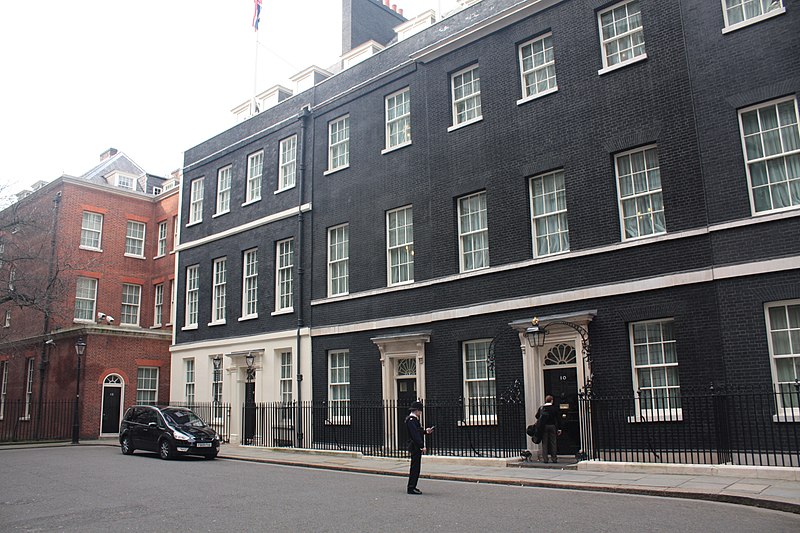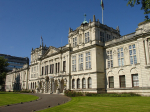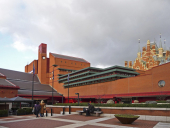
The Prime Minister today unveiled a sweeping new immigration plan aimed at ending what he described as a “failed experiment in open borders” that saw net migration reach nearly one
million in 2023. Under the new "Plan for Change," the government will tighten immigration rules to prioritize economic contribution, boost domestic employment, and restore control over the UK's borders.
Key Reforms in the Plan for Change:
- Longer Path to Settlement: The route to permanent residency will be extended from five to ten years, unless individuals can demonstrate significant and lasting contributions to the UK’s economy or society.
- Stricter English Language Requirements: New language standards will apply to all immigration routes, including adult dependents, to encourage integration and reduce exploitation.
- Contribution-Based Model: High-skilled migrants such as nurses, engineers, and AI experts may qualify for fast-track settlement if they meet strict contribution criteria.
- Crackdown on Abuse: All areas of the system—including work, study, and family routes—will face tighter controls. Enforcement will be increased, and pathways seen as "backdoors" to settlement will be closed.
- Employer Accountability: Employers seeking to hire from overseas must demonstrate they are investing in local talent and raising workforce skills, rather than relying on cheaper foreign labor.
- Support for British Workers: New industry workforce strategies will help businesses recruit and train UK workers, particularly in sectors historically reliant on immigration.
A “clean break” from the past
In his announcement, the Prime Minister stressed that living in the UK should be a privilege, not a right. He criticized the existing system for undermining British workers and pushing public services to the brink, saying:
“For years we’ve encouraged businesses to import low-wage labor instead of training our young people. That ends now. This is a clean break from the past. Migration will be controlled, selective, and fair.”
The reforms come amid growing public concern over the impact of high migration on housing, jobs, and public services. The government says over 24,000 individuals with no right to remain have been removed since the election, marking the highest rate in eight years.
What’s next?
The full details of the Immigration White Paper will be presented in Parliament later today by the Home Secretary. The government says it remains committed to attracting top global talent, but mass recruitment to fill preventable skills gaps will be phased out. Photo by [2], Wikimedia commons.




































